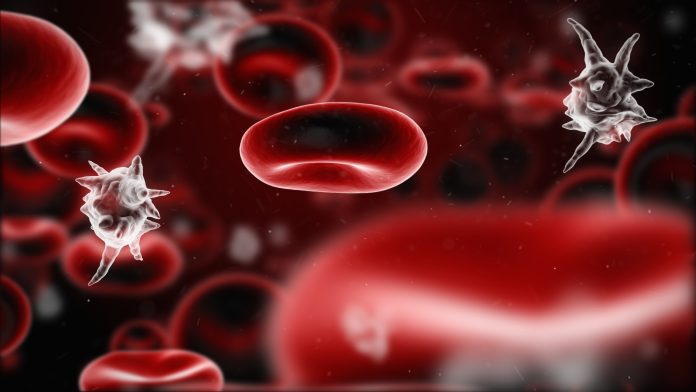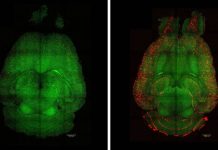An international research team has successfully employed the power of artificial intelligence to enhance the diagnosis of sepsis in children
Professor Luregn Schlapbach from the University and the University Children’s Hospital Zurich co-led the international research team.
This life-threatening infection, which claims the lives of around 3 million children worldwide annually, has caused evidence-based criteria for diagnosis until now.
What is sepsis?
Sepsis is a severe and potentially fatal condition resulting from infection, often leading to organ failure. A significant number of survivors experience long-term consequences, with every third child facing severe outcomes.
claims the lives of around 3 million children worldwide annually
The lack of standardised criteria for diagnosing sepsis in children has been a persistent challenge for healthcare professionals. The research team conducted a comprehensive data project, analysing information from over 3.5 million children suffering from sepsis.
Using advanced machine-learning methods, the researchers reanalysed and gathered evidence-based criteria to create a new scoring system, the Phoenix Sepsis Score.
The Phoenix Sepsis Score
This scoring system allows physicians to rapidly and accurately assess the severity of organ failure in children affected by sepsis.
Professor Luregn Schlapbach, who led the study alongside Professor Scott Watson of the Seattle Children’s Hospital in the USA, emphasised the significance of the findings. “For the first time, we have standardised and evidence-based criteria that can be used to improve the early detection of this serious disease in the future.”
Global access
One unique aspect of this research is its worldwide relevance. The big data project integrated data from developing countries in South America, Africa, and Asia, making the criteria equally applicable to hospitals of varying sizes and healthcare systems globally.
The impact of these findings extends beyond research, as the University Children’s Hospital is actively involved in the Swiss Sepsis National Action Plan, focusing on children.
Collaborating closely with the University of Zurich, specialists from the hospital aim to improve the diagnosis and treatment of sepsis by using artificial intelligence, new biomarkers, and innovative methods.
This breakthrough also aligns with the National Program for Quality Improvement in Sepsis, funded by the Swiss Quality Commission. The program seeks to implement the Swiss Sepsis National Action Plan, which focuses on enhancing prevention, early detection, treatment, and follow-up care for sepsis infections in children and adults.
As this novel diagnostic tool becomes integrated into healthcare systems globally, it promises to save countless young lives and minimise the long-term consequences of this disease.








